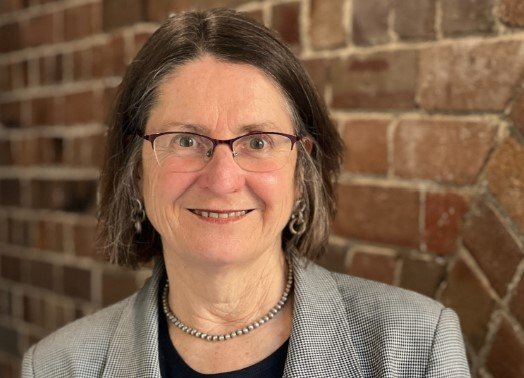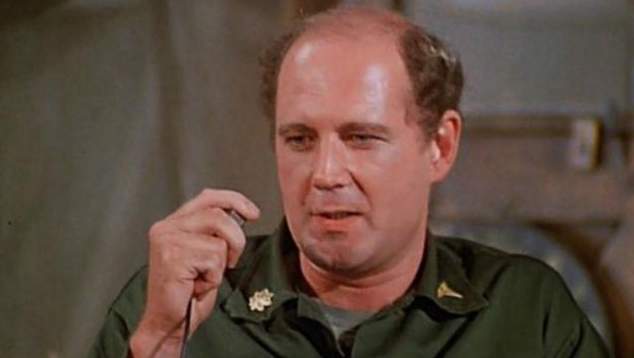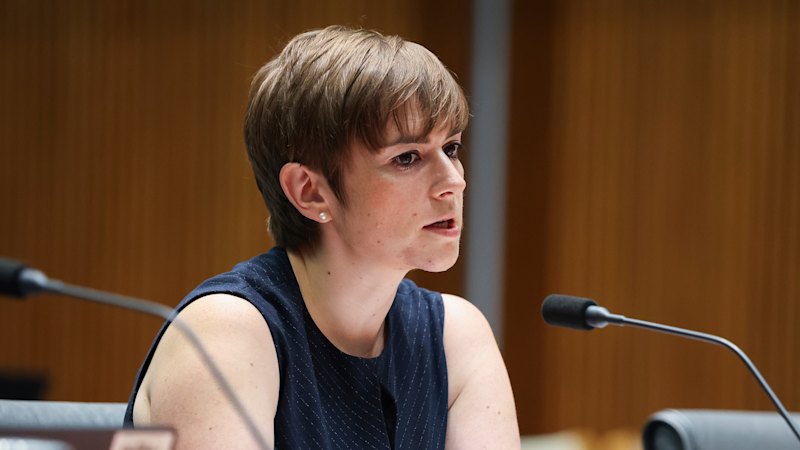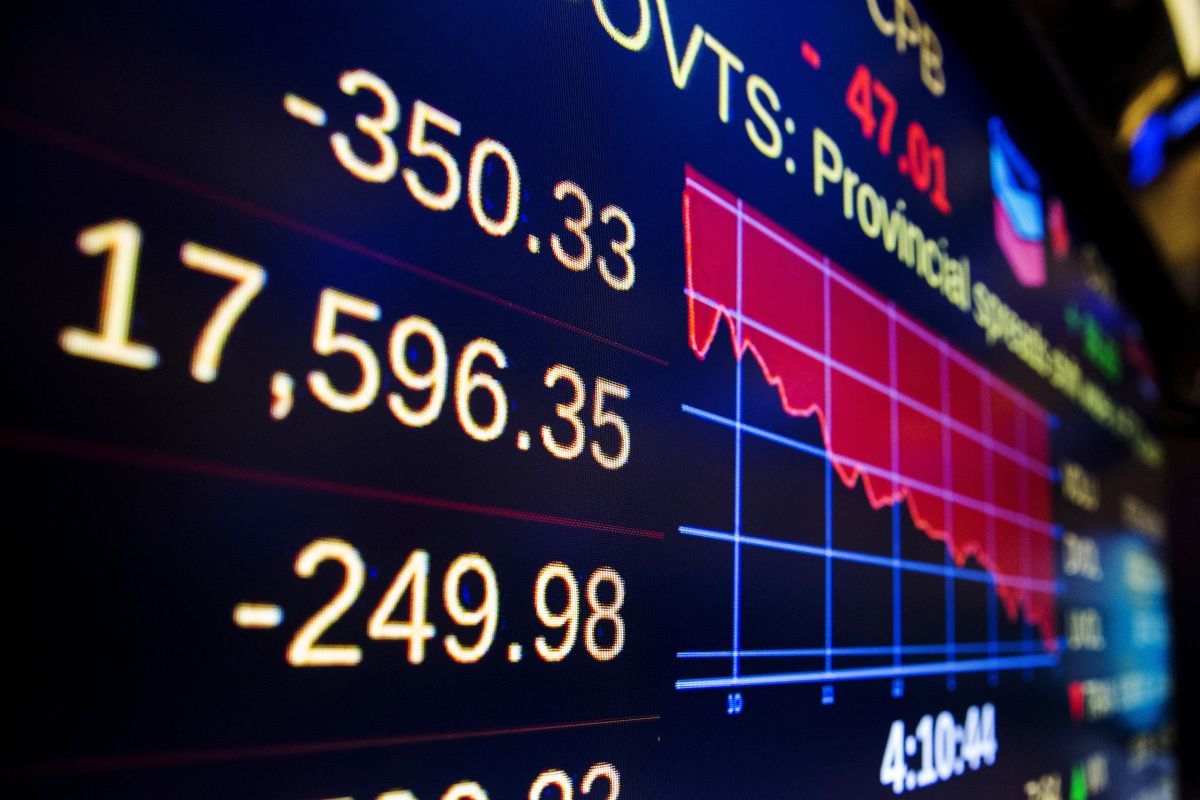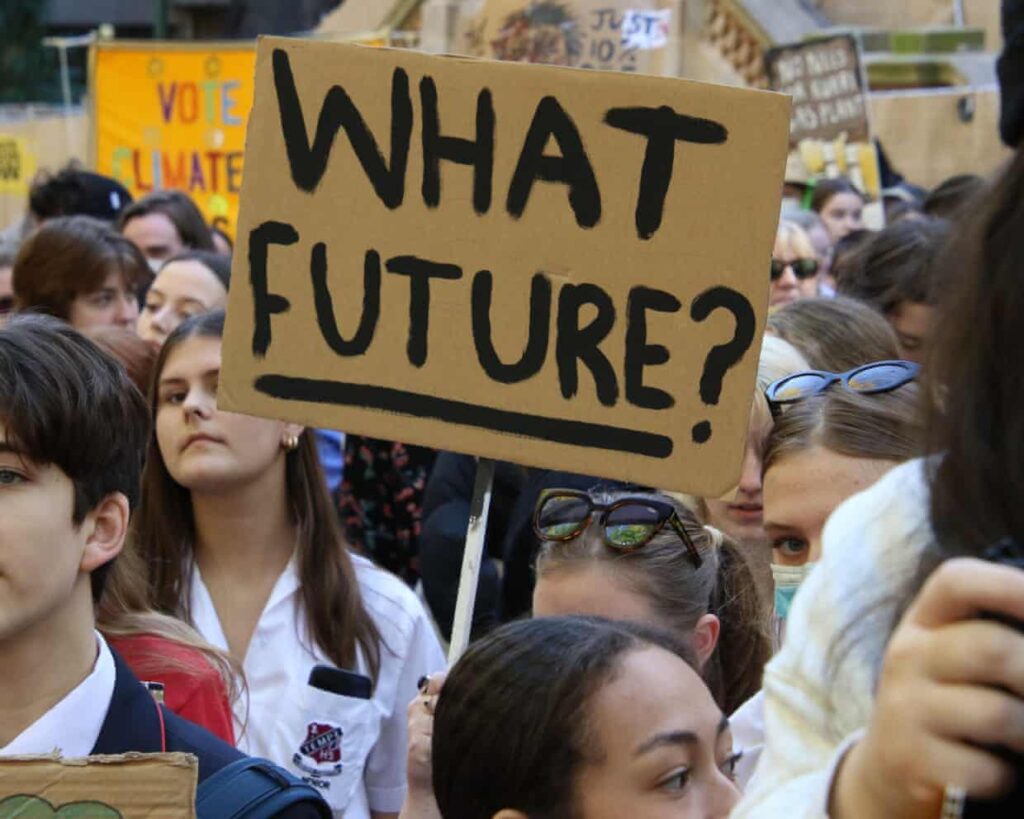
A recent Guardian Essential poll indicates that only a quarter of older Australians believe the world can take effective action to prevent the worst impacts of climate change. The survey, conducted with 1,020 Australians last week, highlights a stark generational divide in attitudes towards climate action.
Among respondents aged 55 and over, just 26% expressed confidence that climate change could be prevented, while 56% disagreed. In contrast, younger adults, particularly those aged 18 to 34, demonstrated a more optimistic outlook, with half believing that the effects of climate change can be mitigated.
The poll reveals a concerning trend regarding public perception of climate change. Only 53% of Australians now believe climate change is occurring and is primarily driven by human activity, a slight decrease from 54% in March 2025. Meanwhile, 31% of voters view current climate conditions as normal fluctuations, with 16% undecided. This marks a decline from October 2021, when 59% acknowledged climate change and 30% were skeptical.
The sentiment around climate change appears to be influenced by broader societal concerns. The poll found that 59% of respondents are worried about the catastrophic impacts of climate change. This concern is mirrored in apprehension over other issues, such as the development of self-aware artificial intelligence, which worries 67% of Australians, and rising inequality, concerning 62%.
Peter Lewis, the executive director of Essential Media, commented on the findings, stating that there seems to be a “general sense of doom” regarding the potential for effective climate action. This sentiment is reflected in the fact that only 39% of participants believe the world can prevent dangerous levels of global warming, while 45% think the opposite.
The timing of the poll is notable, as it was conducted just before Australia announced its withdrawal from hosting the COP31 climate summit. Support for the summit’s bid was lukewarm, with only 38% in favor, 22% opposed, and 40% undecided. Lewis noted that this decision may ultimately benefit the current government.
In addition to climate concerns, the poll explored public opinion on political leadership. Prime Minister Anthony Albanese saw a slight increase in his approval rating, rising from 45% to 47%, while his disapproval fell from 44% to 43%. This results in a net approval rating of plus-four. Conversely, opposition leader Sussan Ley experienced a decline, with her approval rating decreasing from 32% to 31%.
Despite Ley’s challenges, she remains the preferred choice among voters for Liberal leadership, garnering 14% support. Other contenders include Jacinta Nampijinpa Price at 11% and Andrew Hastie at 8%.
The poll also indicates a strong public desire for government action on gambling advertisements. Nearly two-thirds of Australians support either a complete ban or significant restrictions on such ads. Specifically, 40% advocate for a total ban, while another 23% favor heavy restrictions. Only 9% believe no action is necessary.
Lewis highlighted that the results suggest a robust public appetite for action on gambling advertisements, which could lead to increased government intervention. He noted that while such public support can be susceptible to targeted negative campaigns from vested interests, the findings indicate a strong base for more ambitious policy measures.
As the climate crisis and social issues continue to shape Australian public discourse, the results of this poll underscore the complexities and challenges faced by policymakers. The contrasting views across age groups may play a significant role in shaping future climate initiatives and political strategies in the country.
